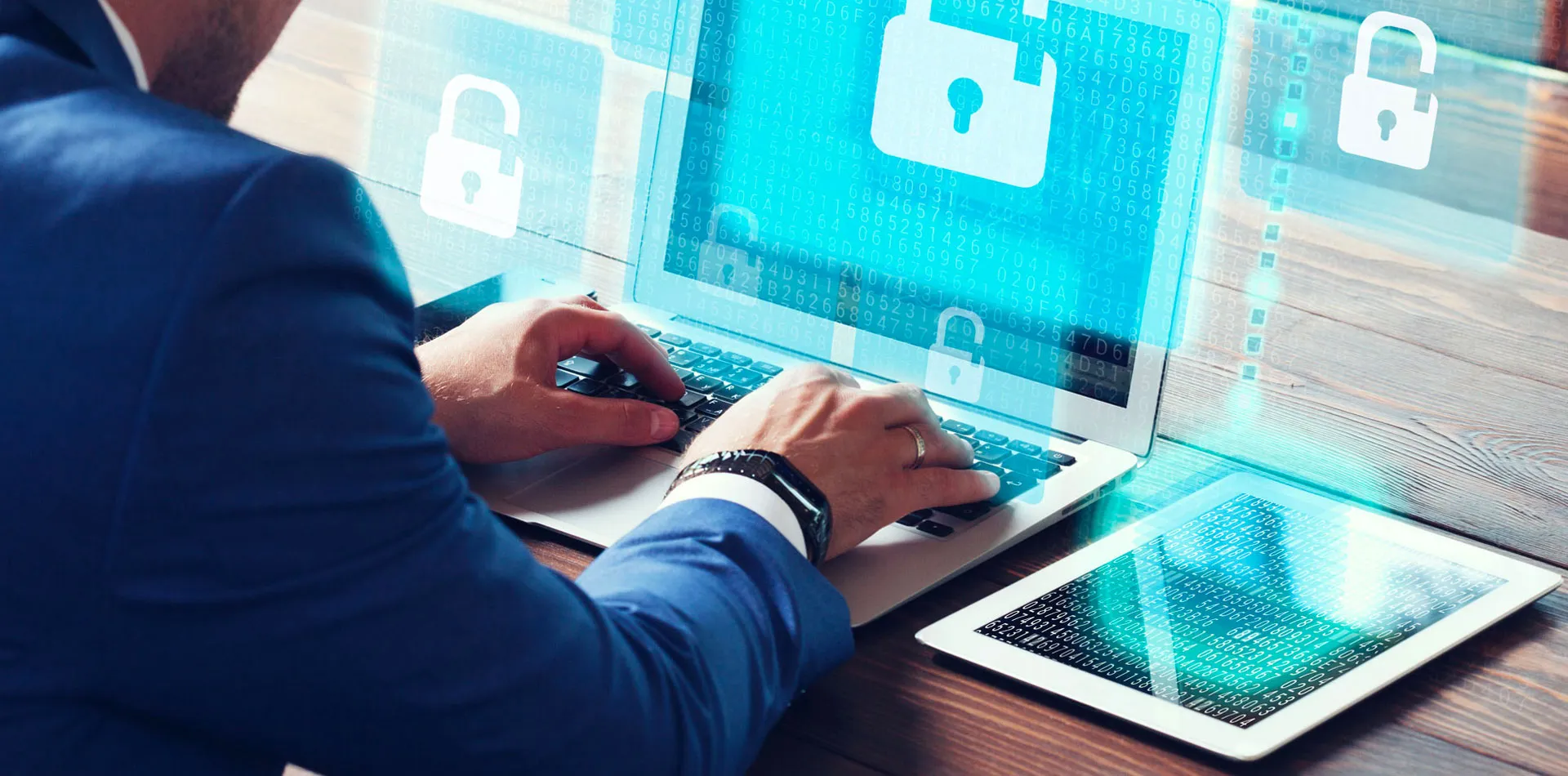Two-Factor & Multi-Factor Authentication: Increasing Security Measures for Your Business
Two-factor authentication (2FA) or multi-factor authentication is one of the extremely reliable kinds of user authentication today, practised to acquire the privilege to access any resource or data (from mailboxes to bank card transactions). Two-step authentication is a much more safe alternative to the regular one-factor authentication (1FA) with the use of a login-password pair, the security of which is presently quite low. There is an enormous number of techniques for hacking and evading password authentication, from social engineering to shared brute-forcing, based on programmed botnets. If cybersecurity is important to your business, keep reading for more on two-factor and multi-factor authentication.
In extension, some users practice the same password to sign into all their accounts, which in turn again facilitates the access of hackers to protected data and transactions. The main benefit of two-factor authentication is the extended login security. As for the shortcomings, the major two being the increase in the time of access into the system and the possibility of losing the physical media helping to pass one of the authentication means (mobile phone, U2F key, OTP).
Pros
- Stronger Protection: 2FA is an impressive cybersecurity system that can help you reduce the risk of sensitive data heist and decrease unauthorised access to your personal account. With OTP-based 2FA set up, even though frauds know your email and password, they won’t be able to access your account unless they get your smartphone.
- Low Cost: One of the main pros of 2FA is that it usually needs no spendings to set it up. Many famous online services extend this feature complimentary while some of them even give it by default. For instance, you can protect your Facebook account with two-factor authentication free of cost.
- Easy Set-Up: The other impressive thing about two-factor authentication is that it is remarkably easy to set-up. To facilitate it for your Facebook profile, you have just have to click on Settings, select the Security and Login menu option, and enable 2FA security option. To safeguard your WordPress site, you should install an apt cybersecurity plugin that hands over 2FA.
Cons
- Increased login time: Users have to take an additional step to login into an app or site, increasing time to the login method.
- Integration: 2FA mostly relies on services or hardware administered by third parties, ie, a mobile service provider delivering verification codes through SMS. This sets up a dependency problem, as the firm has no means of managing these external services should a fault occur.
- Maintenance: Continuous maintenance of a 2FA system might turn out to be a chore in the lack of an adept way of administering a database of users and different authentication techniques.
Why Should Businesses Enable 2FA
Two-factor authentication can perform a crucial role in safeguarding your site by preventing many application-based attacks. These consist of brute force and dictionary attacks, in which hackers utilise automated software to set up huge amounts of username/password combinations in order to figure out the credentials of a user.
With 2FA set up, these cyberattacks are pointless—even if hackers are adept to find a user’s password, they still miss out on the second factor of identification required to log in to the application.
Also, two-factor authentication can facilitate applications to resist social engineering attacks like phishing and spear-phishing, which aim to dupe a user into disclosing sensitive information, incorporating their username and password. Even in the event of a successful cyberattack, a hacker would still require the further form of identification requested by a 2FA solution.
